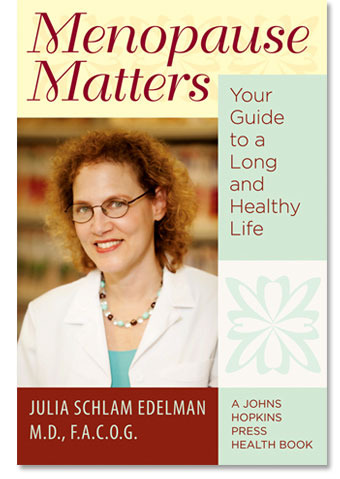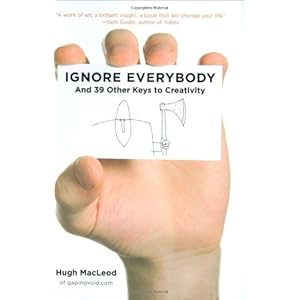The Value Of Cross-Semination
 This is a great place for me, since I've been Freelance for 40 years. and can speak to its freedoms, but also its foibles.
This is a great place for me, since I've been Freelance for 40 years. and can speak to its freedoms, but also its foibles.
While it's fresh -- so fresh it's only been over for an hour -- I'd like to write about the value of cross-semination & fertilization of medical (and other) creative and productive minds, all with goal-directed drive and enthusiasm both to further their own interests and to make the world a better place.
I'm talking about the excellent Harvard Writers course put on by Julie Silver and her team in Boston. 3 days of intense learning, exchanging, and re-invigorating.
I have just finished responding to today's front-page article in the New York Times with a letter I hope they'll print, that is on the very subject for which I enrolled in the excellent conference from which I have just emerged, my head spinning with ideas. I was looking for an agent or publisher for my book which is about the life of a generalist and deals with the coming extinction of the true generalist physician.
The article in the NYT was about a daughter with a new family negating her father and grandfather's generalist career, which for them was all-consuming, and opting for ER medicine which she believed was "more challenging" but shorter hours. I wonder how many read that article in the NYT and what their "take" on it was. This was mine:
"As a female Family Physician,with 3 children and 7 grandchildren, practicing solo for 40 years I must congratulate Gardiner Harris but also respond to "More doctors reject long hours.”
One can pace oneself for family, limit one's hours with creative arrangements and still render quality generalist care to one’s own patients over years. That includes caring for them when they are sickest in hospital, where there is no real proof that hospitalists deliver "more proficient" care than one’s own generalist. The management of ongoing and acute problems daily are just as creative and challenging, if not more so, than emergency work.
With true generalists extinct, we are all at peril. Everyone needs a physician, broadly trained, who knows and cares about the patient as an individual. Patients know that doctors are far from interchangeable. Hospitals and insurance companies wish they were, to facilitate what is becoming the "widgetization" of Medicine."
I am also very interested in other physicians', (generalist or specialist or superspecialist) opinions on what I call the coming extinction of the true generalist (not the recreated triage officer/midlevel "primary care"persons that are being equated w/ a serious, broadly-trained generalist physician, whether in Family Medicine, Internal Medicine or Pediatrics.).
About: Pepi Granat, MD is a Family Physician, Board Certified in practice in South Miami, Florida, and Clinical Professor of Family Medicine at the University of Miami.
 Email This Article tagged:
Email This Article tagged:  Family Medicine,
Family Medicine,  Family Physician,
Family Physician,  Harvard Physician Writing Course |
Harvard Physician Writing Course |  Apr 2, 8:00 PM
Apr 2, 8:00 PM 










